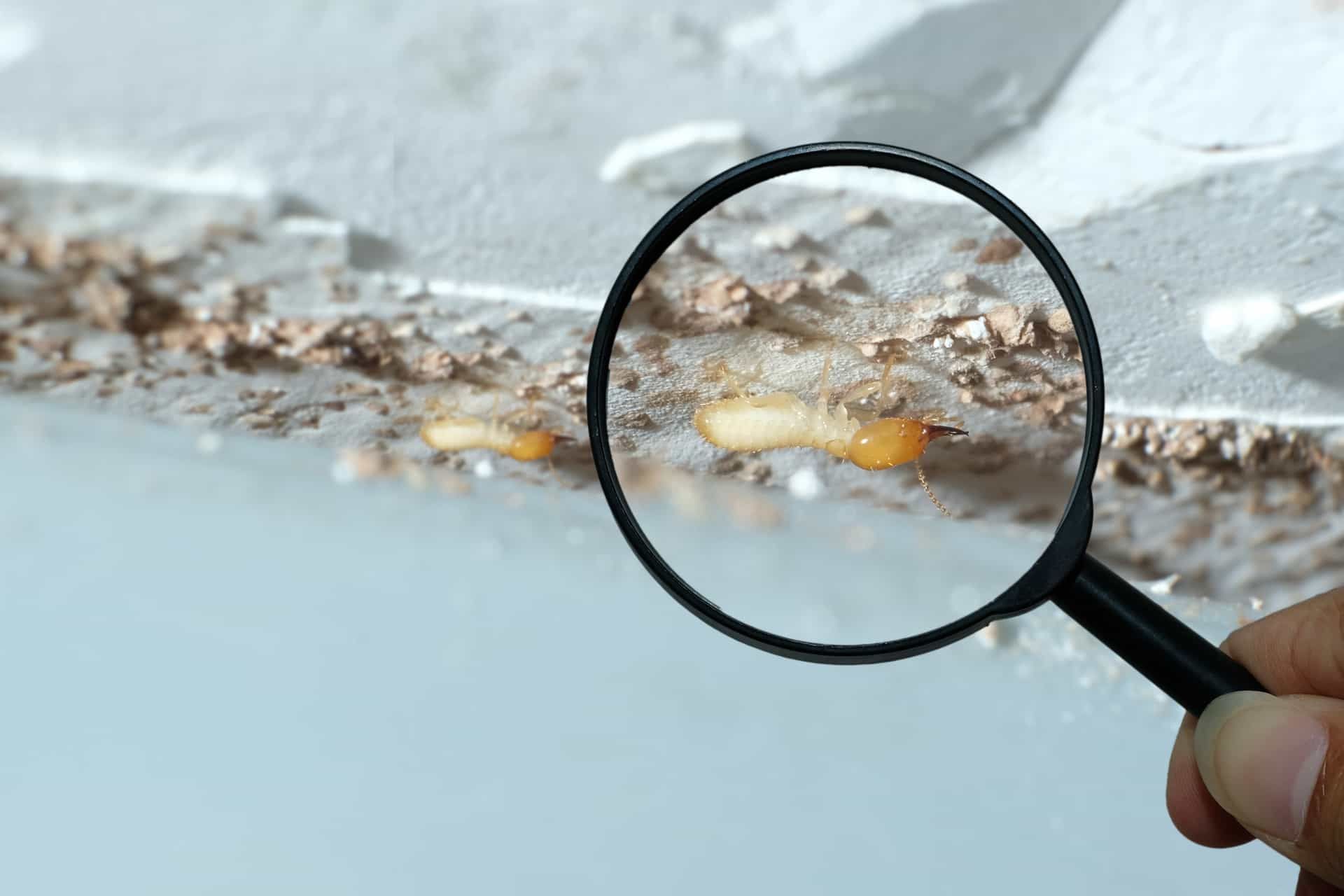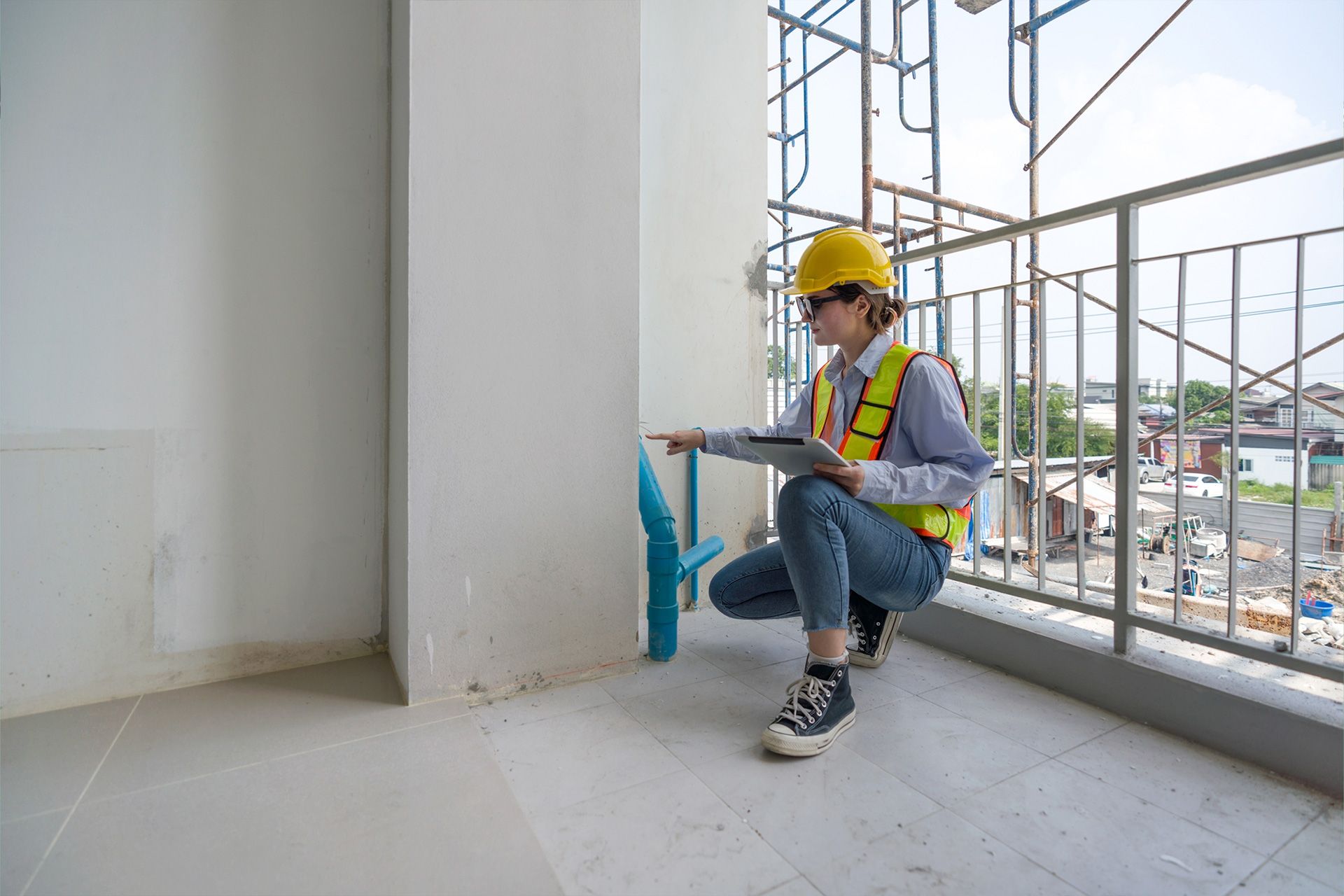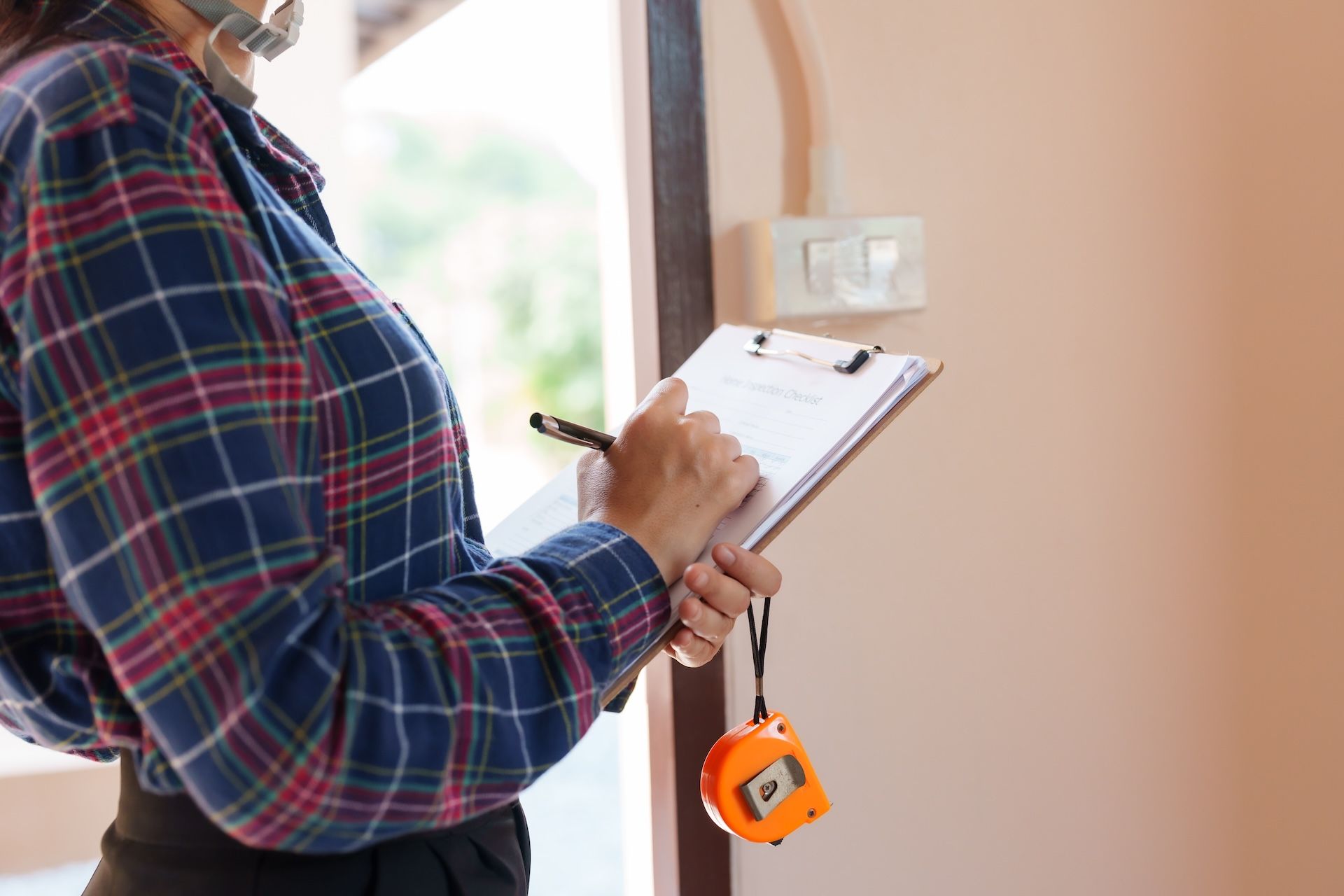DIY Swimming Pool Leak Detection
Owning a pool is great until the day it develops a leak. While swimming pool leak detection is a highly technical process, as experienced inspectors, we get many leak-related calls from homeowners, only to find the problem is a fairly inexpensive repair.
The fact of the matter is, a pool will lose water through evaporation or splash-out. The issue at hand is how much water is it losing. Generally speaking, if you keep adding more than two inches of water per week, you may have a leak.
To help you save time and money, we’ll give you a few DIY swimming pool leak detection tips you can use to figure out how serious the problem is.
Is Your Pool Even Leaking?
The first step of swimming pool leak detection should be ascertaining whether your pool is even losing water. It’s quite common for evaporation to look like a leak, so before looking for signs of damage, you should confirm if the water loss is extensive.
You can do so by conducting a bucket test.
Take a bucket and place it on the step of the pool. Place it in such a way that the water level is identical on the outside and the inside of the bucket. Take a non-permanent marker or water-resistant tape and mark the water levels in the pool and the bucket.
Wait two days, then check the levels. If the water level is equal in the bucket and the pool, then it’s just evaporation. If the pool lost a higher amount of water, then there is most likely a leak present somewhere in the pool system.
Is The Pool Equipment Causing Your Leak?
If the pool is losing water when the pump is operational, there may be a leak in the pressure side of the filter pump. When the filter pump is running, it’s not uncommon for all the extra water to cause drips into the spraying gushers. To verify this is the case, check if the backwash line is dripping, but also inspect the area downhill from the pool and look for weepers (water leaks that penetrate through concrete) to see if underground leaks are coming to the surface.
Lastly, examine if there are soft spots on the side of the yard where the plumbing is located.
If the leak only occurs when you shut the pump off, there may be a suction side leak (the side that sucks in the water from the pool into the pump). Check by looking for air bubbles coming out of the return line or buildups of air inside the filter tank.
Is The Pool Continuously Leaking?
If the pool is losing water even when all the equipment is off, there may be a leak in the pool’s shell. To confirm whether this is the case, inspect the plaster and scan for any cracks that might have developed.
Furthermore, take a close look at the tile line and pay extra attention to the skimmer. The separation between the concrete pool and the skimmer is one of the most common ways that can cause leaks to form.
You can test this by finding anything that remotely resembles a crack, and using test dye while the equipment isn’t running. If the crack sucks in the dye, then you found the source of your leak.
Fortunately, the fix is pretty easy. Close the leak with silicone or pool putty and you’re good to go.
What If You Have A Vinyl Liner Pool?
With a vinyl variant, the swimming pool leak detection process will be slightly different.
First, confirm whether there are sinkholes where the sand area under the liner has washed away. Then, look for any separations or tears around the skimmer, cleaner line, returns, steps, main drain, and the pool lights. Also pay close attention to areas around corners or steps, as the liner in these areas may excessively stretch, causing leaks in the process.
Vinyl pools may develop pinhole leaks easily once they get old, and you may have to check every inch of the pool to find them. Since this necessitates spending time underwater, you should purchase a snorkel or a diving mask to make the entire ordeal more bearable.
If you discover a gash in the vinyl liner, you can repair it with either a vinyl sealant or a patch kit. This holds true even if a gash is several inches long.
Has The Leak Occurred Underground?
A leak in the underground plumbing can turn into a nightmare that may require a significant amount of money to resolve. In some instances, ripping apart the entire deck may be an option. Luckily, this rarely happens and most underground leaks take place due to a cracked pipe connector under the skimmer or the deck.
Test this by powering off the filter pump and plugging all lines. If the pool is still leaking, something else is at play here. If the leak stops, simply keep removing plugs one by one and pay attention to when the leak continues. Once you narrow it down to a single pipe, you’ll have to contact a professional for further testing.
Most commonly, experts use expensive rigs to conduct pressure testing in order to confirm where the leak is located.
Is DIY Testing Even Worth It?
Swimming pool leak detection methods provided above will take some time to complete, but they will likely help you find the source of the leak. If that happens - good, you know which part of the pool requires attention.
Unfortunately, leaks tend to be hard to detect, especially when they occur underground. Considering how time intensive the process of DIY swimming pool detection can be, it may simply be more worthwhile to let the experts inspect your pool for leaks.
Here at
Guardian Angel Inspections, we offer advanced
pool inspection services that will help measure the exact amount of water loss, while also allowing you to pinpoint leaks with ease. In fact, we use specialized equipment that can confirm in ten minutes whether a leak is present or not. How cool is that?
Fill out our
contact form or call
561-512-7854 and avoid the hassle of rummaging through your pool on your own.
Disclaimer: The information on this website and blog is for general informational purposes only and is not professional advice. We make no guarantees of accuracy or completeness. We disclaim all liability for errors, omissions, or reliance on this content. Always consult a qualified professional for specific guidance.
Share this entry







